Vaccine appointments delayed due to supply issues in Matt Hancock's own seat
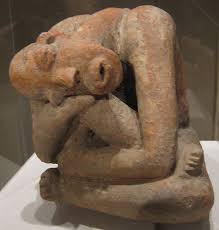









Vaccine appointments delayed due to supply issues in Matt Hancock's own seat
Elderly residents in Matt Hancock’s own constituency had their jab appointments delayed due to vaccine supply issues, the Mirror has learned.
Jabs had to be postponed in the last week at four out of five centres run by the Suffolk GP Federation, including in the Health Secretary’s West Suffolk seat.
A 78-year-old woman and her 83-year-old husband had an appointment booked for Tuesday morning this week.
But they received a text message saying it was cancelled “due to vaccine supplies”.
The couple, who were booked in at the EpiCentre in Haverhill, later managed to get rescheduled jabs on Wednesday.
Their family were among several who complained of postponed appointments on a local Facebook group.
A spokesman for the Suffolk and North East Essex Integrated Care System confirmed to the Mirror: “A small number of vaccination appointments have been rearranged in the last week due to a supply issue, which has now been resolved.”
He added: “Across Suffolk and north east Essex we have 22 primary care network vaccination sites and two community pharmacy sites up and running which have vaccinated thousands of patients.
“Many more locations, including larger vaccination centres, are about to go live.”
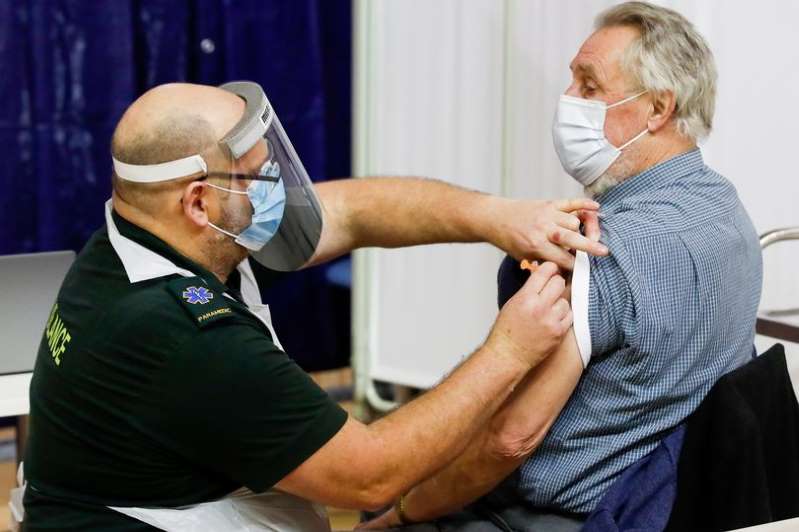
It is understood the issue affected four of the five vaccination centres currently run by the Federation.
Days earlier the EpiCentre saw long queues of people waiting to be vaccinated, with some elderly and vulnerable people waiting outside for more than an hour on Sunday night.
At the time, Suffolk GP Federation David Pannell apologised and said the issue was caused by the shelf life of the Pfizer jab being half a day shorter than expected.
It is thought jabs were rescheduled this week for a similar reason.
One person on Facebook said: “I booked by mother’s appointment for Tuesday morning, was told they also had to cancel it because of lack of vaccines.
“I do believe we will get this on and off, so many people to vaccinate, there are going to be hiccups.”
Another said: “I was a bit disappointed to be told my grandmother would get vaccine last Monday, then told middle of week, then a letter to say will be end of week, weekend, or beginning of next week! We now have a date.”
It comes amid rising concerns about what ministers have called a “lumpy” supply of vaccines across the UK.
Some 4,661,293 people have now received the first dose of the vaccine in England, a rise of 357,563 in one day.
But Downing Street has fuelled fears that vaccine supplies will be cut to regions of England that have pulled ahead in giving jabs.
Ministers have been accused of “punishing” northern regions for being too successful with their vaccine rollout.
Last night the Vaccine Minister Nadhim Zahawi claimed it was “not true” that doses would be diverted.
But Dr Nikki Kanani, medical director for primary care for NHS England, admitted supplies would need to be “targeted”.
And No10 repeatedly refused to deny supplies to the North East and Yorkshire, which is ahead of the rest of the country, could be cut.
A spokesman instead emphasised that supply will be boosted to areas that have fallen behind.
While the North East England & Yorkshire has given first doses to 67% of its over-80s, London has given first doses to only 50%.
The Mirror understands MPs raised “serious questions” about delivery of jabs with Mr Zahawi in a crunch Zoom briefing this morning - with Yorkshire and the East of England being particular points of concern.
“I've got GPs sitting twiddling their thumbs when they were expecting vaccines but now not receiving them,” said one MP who attended the meeting.
Coronavirus antibodies provide some immunity for at least five months, scientists say















Coronavirus antibodies provide some immunity for at least five months, scientists say
They added that this appears to last at least for five months from first becoming sick.
While the research will continue to assess whether protection may last for longer, this means people who contracted the disease in the first wave may be able to get it again.
PHE said early evidence from the next stage of the study suggests that some of these individuals carry high levels of the virus and could continue to transmit it to others.
Between June 18 and November 24, scientists detected 44 potential reinfections – two probable, and 42 possible – out of 6,614 participants who had tested positive for antibodies, representing an 83 per cent rate of protection from reinfection.
Prof Hopkins said she can be confident that five to six months after their first infection, the vast majority of people with a previous infection are protected from severe disease and are protected from symptomatic infection.
Although reinfections in people with antibodies were rare, the researchers identified 44 potential reinfections among 6,614 participants who showed evidence of previous infection.
Professor Susan Hopkins, senior medical adviser at PHE and the Siren study lead, said: “This study has given us the clearest picture to date of the nature of antibody protection against Covid-19 but it is critical people do not misunderstand these early findings.
“We now know that most of those who have had the virus, and developed antibodies, are protected from reinfection, but this is not total and we do not yet know how long protection lasts.
“Crucially, we believe people may still be able to pass the virus on.
“This means, even if you believe you already had the disease and are protected, you can be reassured it is highly unlikely you will develop severe infections, but there is still a risk that you could acquire an infection and transmit to others.
“Now, more than ever, it is vital we all stay at home to protect our health service and save lives.”
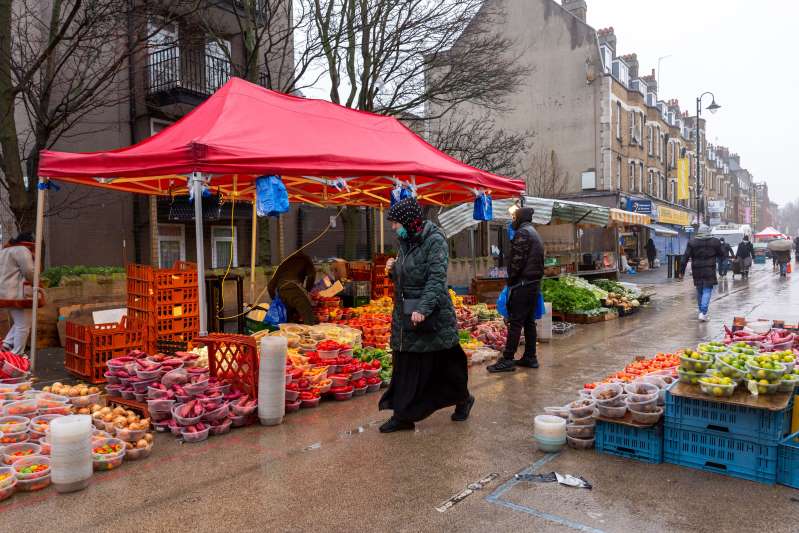
Since June, PHE has been regularly testing tens of thousands of healthcare workers across the UK for new Covid-19 infections as well as the presence of antibodies, which suggest people have been infected before.
The study leaders are clear that this first report provides no evidence towards the antibody or other immune responses from coronavirus vaccines, nor should any conclusions to be drawn on their effectiveness.
The study, which has not been peer-reviewed, will consider vaccine responses later this year.
Scientists concluded that naturally-acquired immunity as a result of past infections provides 83 per cent protection against reinfection, compared with people who have not had the disease before.
They added that this appears to last at least for five months from first becoming sick.
While the research will continue to assess whether protection may last for longer, this means people who contracted the disease in the first wave may be able to get it again.
PHE said early evidence from the next stage of the study suggests that some of these individuals carry high levels of the virus and could continue to transmit it to others.
Between June 18 and November 24, scientists detected 44 potential reinfections – two probable, and 42 possible – out of 6,614 participants who had tested positive for antibodies, representing an 83 per cent rate of protection from reinfection.
Prof Hopkins said she can be confident that five to six months after their first infection, the vast majority of people with a previous infection are protected from severe disease and are protected from symptomatic infection.
She added: “It is good that it’s protecting people, but it’s not 100 per cent protective, and therefore people still need to follow the rules, until we know more about this, on the durability of the response, and also understand better why some of these individuals have not responded, or is this particular to a certain group.”
Prof Hopkins explained that when the study was designed, researchers were looking to ensure they could capture the minimum immunity that would be acceptable for a vaccine.
She continued: “And at that time, the vaccine effectiveness studies were setting out to look at ‘did vaccines have 50 per cent to 60 per cent efficacy in reducing future symptomatic infection?’
“And if you look at this from a symptomatic point of view, we’re seeing a very small proportion – 13 out of the 44 – have had symptomatic infection.”
Prof Hopkins added: “What’s that saying to us is that prior infection looks as good as vaccine, at least at this time interval, which is very good news for the population, and it will help alongside vaccine to give a level of immunity in the population that will start to reduce transmission.
“What we don’t yet know and what this study is setting out to do is to determine the durability of that response.
“Overall I think this is good news, it allows people to feel that their prior infection will protect them from future infections, but at the same time, it is not complete protection, and therefore they still need to be careful when they’re out and about.”
“I am strongly encouraged that people have immunity that is lasting much more than the few months that was speculated before the summer,” Prof Hopkins said.
Reference: Evening Standard :Sean Morrison
COVID-19 deaths prompt call for two weeks' paid bereavement leave











COVID-19 deaths prompt call for two weeks' paid bereavement leave
Britons should be entitled to two weeks' paid bereavement leave following the death of a partner or close relative, campaigners say.
The government is facing calls to introduce statutory bereavement leave for grieving employees amid the coronavirus pandemic, which has claimed the lives of more than 83,000 people in the UK so far.
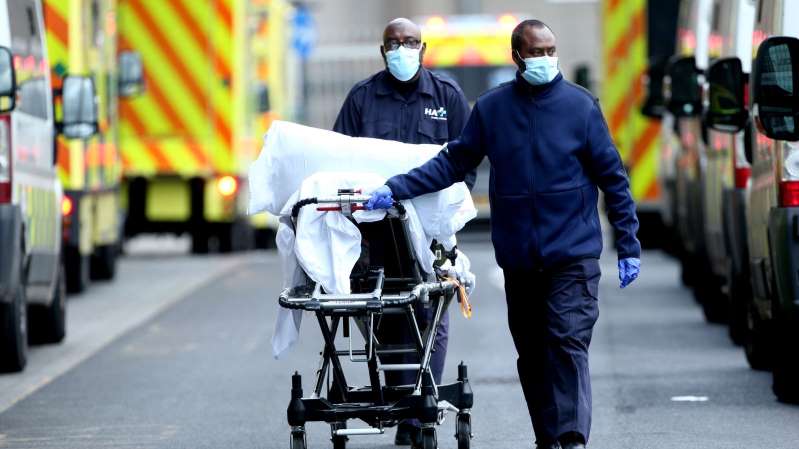
A group of MPs, business owners and charities is calling on ministers for "a more compassionate approach" and say annual leave is "not appropriate" in cases of bereavement.
Currently workers are only entitled to paid leave if they lose a child.
While the government claims the change would come at too much of a cost at a time when COVID-19 is already crippling the economy, bereavement charity Sue Ryder says grief among employees already costs £23 billion a year in reduced tax revenues and use of NHS resources.
The charity's chief executive Heidi Travis said: "Bereavement is not a holiday.
"Moreover, it is often the lower paid and those in less secure employment who are unable to take time off to start processing their pain - they may not have the option of flexible working, cannot call in sick and unpaid leave is not a viable alternative.
Reference: Sky Newa: 1 day ago
'We are concerned': UK 'taking steps' over COVID variant detected in Brazil
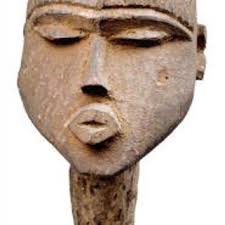









'We are concerned': UK 'taking steps' over COVID variant detected in Brazil
The UK is "taking steps" to keep out cases of a coronavirus variant discovered in Brazil, the prime minister has said.
Speaking to MPs on the Liaison Committee, Boris Johnson said he was "concerned" about the variant, adding: "I think it's fair to say that there are lots of questions we still have."
"We already have tough measures... to protect this country from new infections coming in from abroad," he said.
"We are taking steps to do that in respect of the Brazilian variant."
The prime minister did not announce a ban on travel from the South American country, but instead promised Britain's border controls were enough to stop infections from abroad.
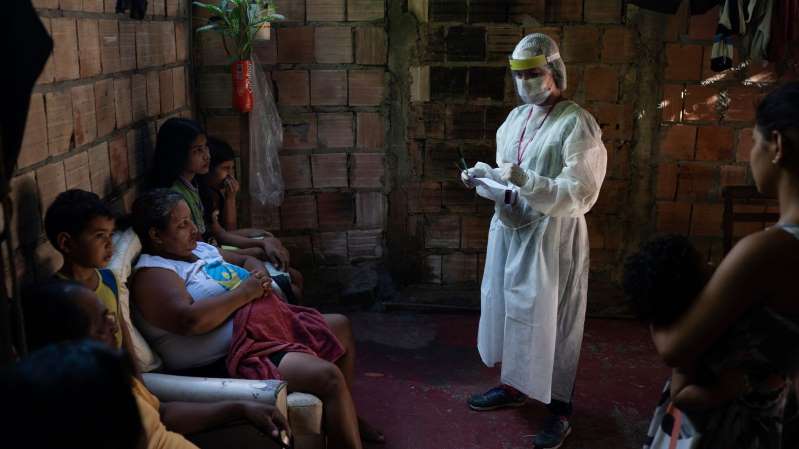
The new variant in Brazil differs from the ones found in Britain and in South Africa, which have driven a surge in cases.
Britain has already banned direct flights from South Africa to try to limit the spread of the more contagious variant.
During the committee hearing, MP Yvette Cooper questioned the prime minister on why it was still possible to get direct flights to the UK from Brazil.
Mr Johnson responded by saying the government was "taking steps to ensure we don't see the import of the new variant" but didn't elaborate further.
On Sunday, Japan's Health Ministry said it had detected a new coronavirus variant in four travellers who arrived in the country from Brazil's Amazonas state.
Takaji Wakita, head of Japan's National Institute of Infectious Diseases, said there was "no proof" the variant found in Brazil was more transmissible.
Of the four travellers who arrived in Tokyo on 2 January, a man in his forties had a problem breathing, a woman in her thirties had a headache and sore throat and a male in his teens had a fever. A female teenager showed no symptoms, the health ministry said.
Meanwhile, coronavirus variants have raised concerns for the effectiveness of current vaccines.
Articles - Most Read
- Home
- LIVER DIS-EASE AND GALL BLADDER DIS-EASE
- Contacts
- African Wholistics - Medicines, Machines and Ignorance
- African Wholistics -The Overlooked Revolution
- African Holistics - Seduced by Ignorance and Research
- The Children of the Sun-3
- Kidney Stones-African Holistic Health
- The Serpent and the RainBow-The Jaguar - 2
- PART ONE: DIS-EASE TREATMENT AND HEALTH-3
- 'Tortured' and shackled pupils freed from Nigerian Islamic school
- King Leopold's Ghost - Introduction
- PART ONE: DIS-EASE TREATMENT AND HEALTH-4
- PART ONE: DIS-EASE TREATMENT AND HEALTH-2
- PART ONE: DIS-EASE TREATMENT AND HEALTH-5
- African Wholistics - Medicine
- Menopause
- The Black Pharaohs Nubian Pharaohs of Ancient Egypt
- The Mystery System
- PART ONE: DIS-EASE TREATMENT AND HEALTH-6
Who's On Line?
We have 81 guests and no members online
Ad Agency Remote
Articles - Latest
- The Male G Spot Is Real—and It's the Secret to an Unbelievable Orgasm
- Herbs for Parasitic Infections
- Vaginal Care - From Pubes to Lubes: 8 Ways to Keep Your Vagina Happy
- 5 Negative Side Effects Of Anal Sex
- Your Herbs and Spices Might Contain Arsenic, Cadmium, and Lead
- Struggling COVID-19 Vaccines From AstraZeneca, BioNTech/Pfizer, Moderna Cut Incidence Of Arterial Thromboses That Cause Heart Attacks, Strokes, British Study Shows
- Cartilage comfort - Natural Solutions
- Stop Overthinking Now: 18 Ways to Control Your Mind Again
- Groundbreaking method profiles gene activity in the living brain
- Top 5 health benefits of quinoa
- Chromolaena odorata - Jackanna Bush
- Quickly Drain You Lymph System Using Theses Simple Techniques to Boost Immunity and Remove Toxins
- Doctors from Nigeria 'facing exploitation' in UK
- Amaranth, callaloo, bayam, chauli
- 9 Impressive Benefits of Horsetail
- Collagen The Age-Defying Secret Of The Stars + Popular Products in 2025
- Sarcopenia With Aging
- How to Travel as a Senior (20 Simple Tips)
- Everything you need to know about mangosteen
